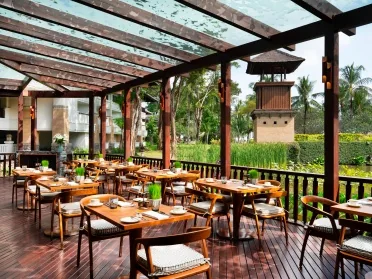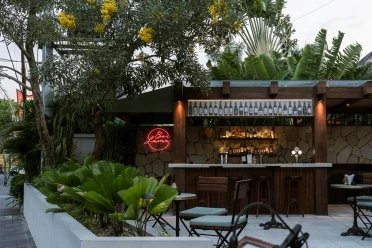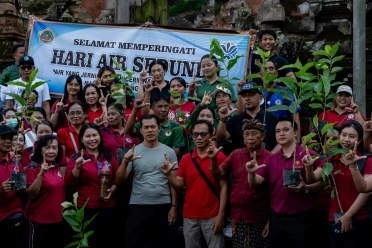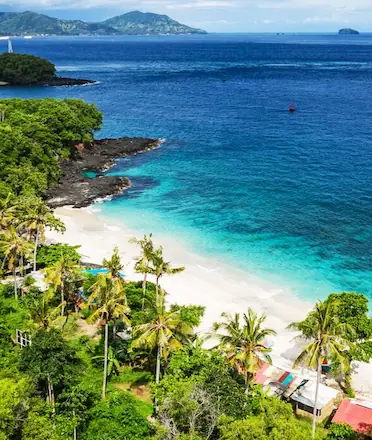Specific to Bali, the Banjar system is a key part of daily life, playing an essential role in preserving tradition, social order, and cultural practices. It is more than just a neighborhood; it is a deeply ingrained organization that influences everything from social relations to religious ceremonies. Understanding the Banjar is vital to understanding Balinese culture. Read more about this captivating society system of Bali!
Bali’s ‘Banjar’: Where Tradition, Culture, and Community Thrive
What is Banjar?
The term Banjar refers to a local community association in Bali, consisting of married men who live within its boundaries. Each Banjar operates with a clear structure, assigning responsibilities to its members. It is not simply a geographical area but a structured organization that helps maintain social and cultural order. Every Banjar has its own community hall, called a Bale Banjar, which serves as the hub for meetings, cultural events, and ceremonies.
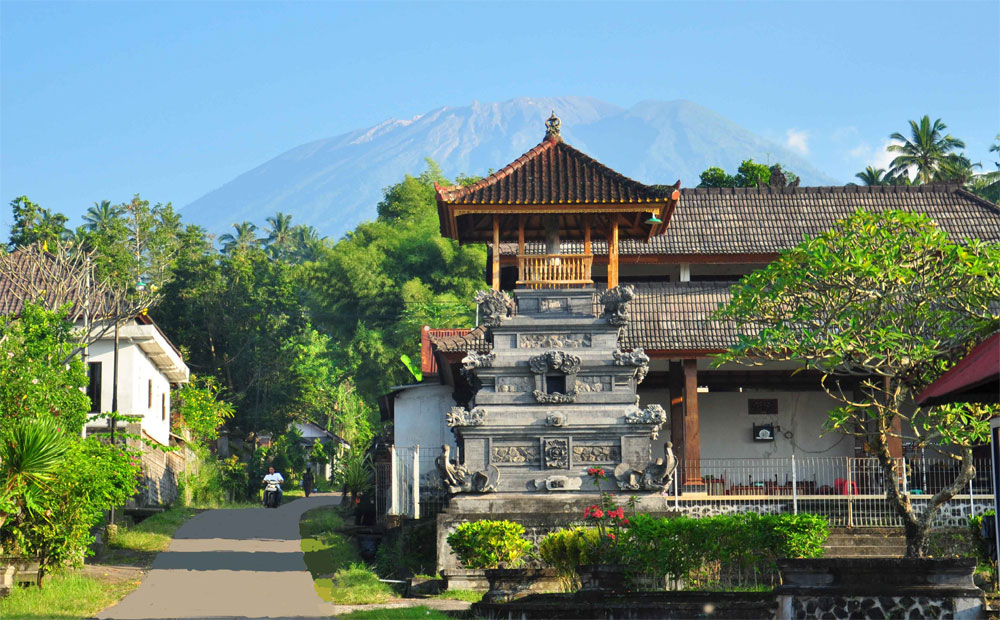
The Bale Banjar fosters collaboration within the community, allowing members to come together, organize religious and social activities, and discuss important village matters. It is a space where unity is encouraged, reinforcing the sense of belonging and responsibility among community members.
The Structure of Banjar
In Bali, there are two types of Banjar: Banjar Adat and Banjar Dinas.
Banjar Adat: This focuses on cultural and religious affairs, including rituals and temple activities central to Balinese Hinduism. It is governed by traditional laws known as awig-awig, which regulate customs and social obligations. Membership in the Banjar Adat is usually passed down through generations, linking individuals to their village community for life.
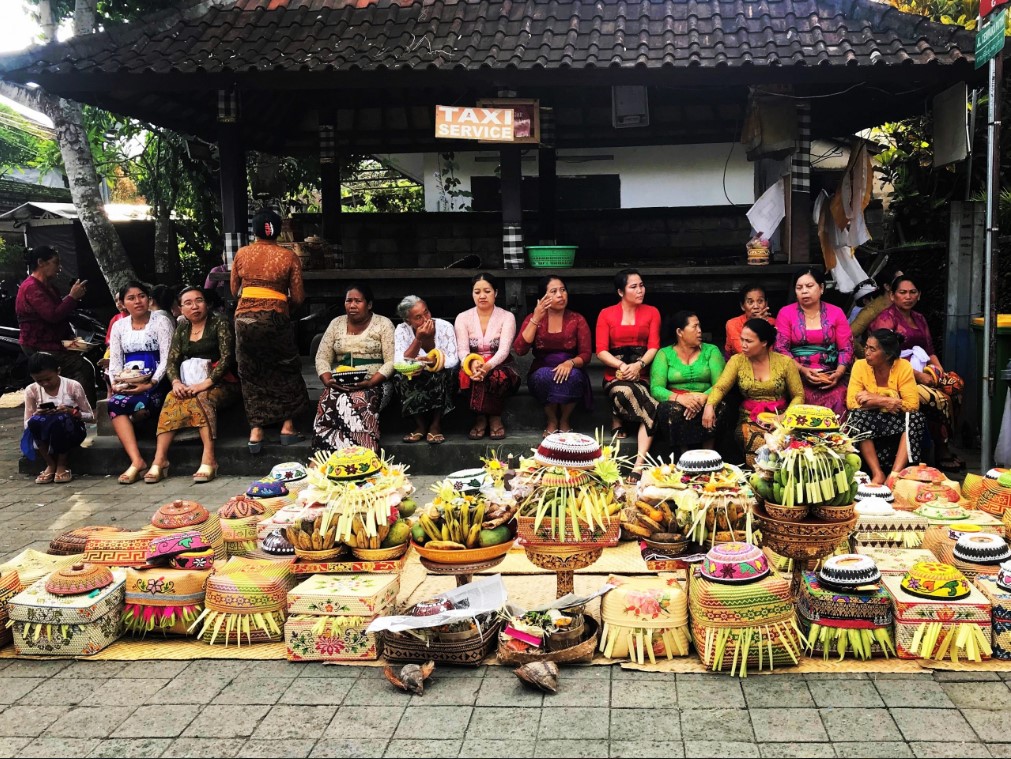
Banjar Dinas: This Banjar manages civil administration, handling matters such as issuing birth and death certificates, managing village funds, and adhering to Indonesian governmental regulations. The Banjar Dinas ensures the village functions smoothly in accordance with the law, complementing the spiritual and cultural governance of the Banjar Adat.
Both types of Banjar work together to manage the village’s religious and civil needs. While the Banjar Adat may be responsible for organizing temple ceremonies, the Banjar Dinas ensures that the logistics, such as traffic control and security, are taken care of.
Social and Religious Functions
The Banjar is at the core of social and religious life in Bali. It maintains cultural traditions, provides social support, and ensures community cohesion.
Organizing Ceremonies and Festivals
One of the Banjar’s most significant responsibilities is organizing religious ceremonies and festivals, which are central to Balinese life. These include temple anniversaries, weddings, cremations, and other important rituals. The Banjar coordinates every aspect of these events, from setting dates to ensuring members contribute either financially or by volunteering their time.
Maintaining Temples and Cultural Heritage
Banjar members are responsible for the upkeep of village temples and other sacred spaces. These duties include cleaning temples, preparing for religious ceremonies, and ensuring rituals are performed according to tradition. This helps preserve Balinese culture and spirituality, reinforcing the importance of community service.
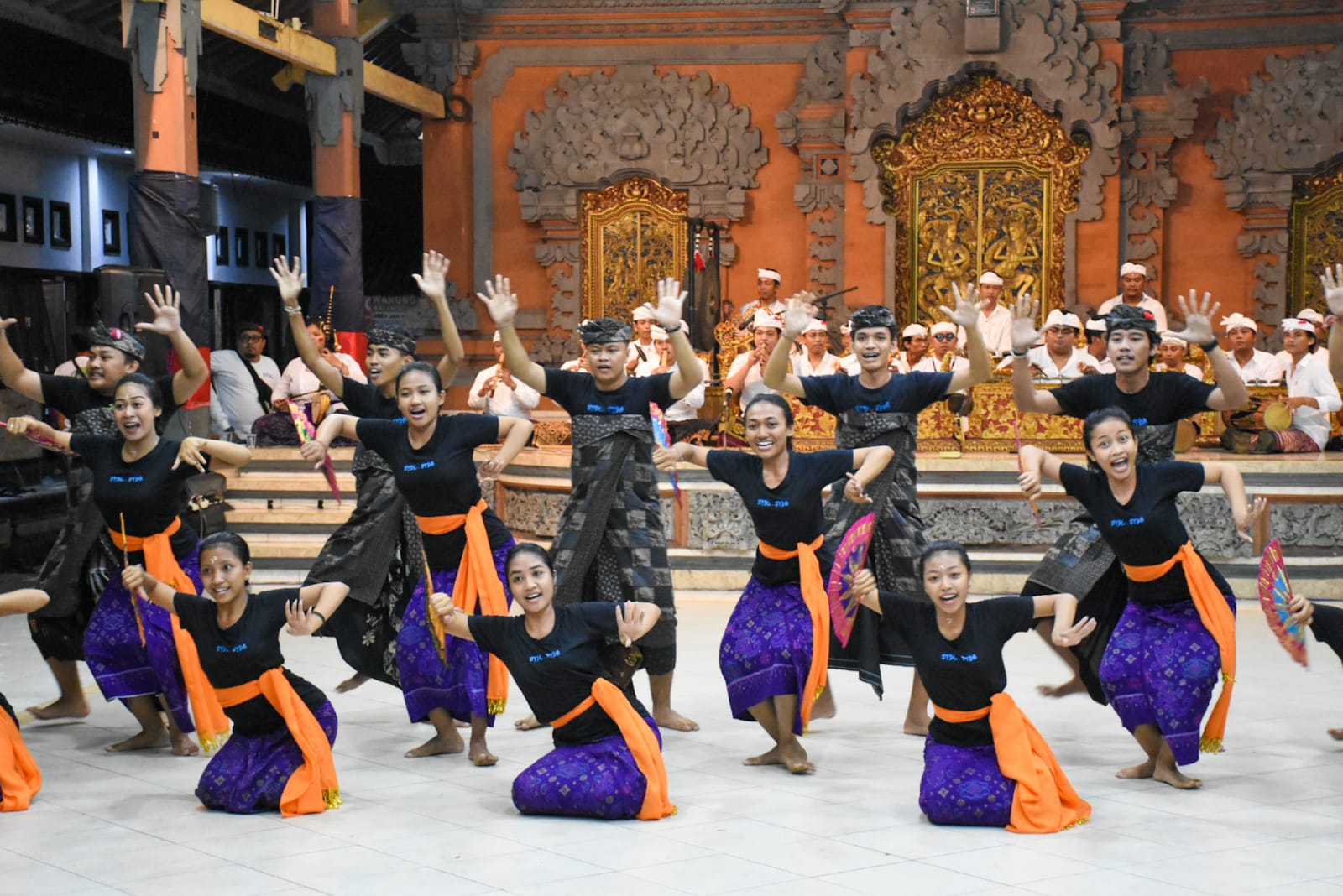
Providing Social Support
The Banjar serves as a social safety net for its members. In times of illness, death, or other hardships, the Banjar provides financial and emotional support. This communal system ensures that no one feels isolated or without assistance during difficult times.
Conflict Resolution
The Banjar plays a key role in resolving conflicts within the community. Traditional laws (awig-awig) guide the mediation process, emphasizing consensus and harmony. This local form of governance helps maintain peace within the village, preventing conflicts from escalating.
Pecalang and Village Security
Each Banjar has a local security team known as Pecalang, responsible for maintaining order during religious ceremonies and village events. They work alongside the police to manage traffic and ensure public safety. The Pecalang are a visible reminder of the Banjar’s role in upholding social order and respecting cultural practices.
Influence on Entrepreneurs and Expats
For entrepreneurs and expats living in Bali, the Banjar is an essential part of life. Understanding its role is important, as it can significantly affect business operations and community relations.
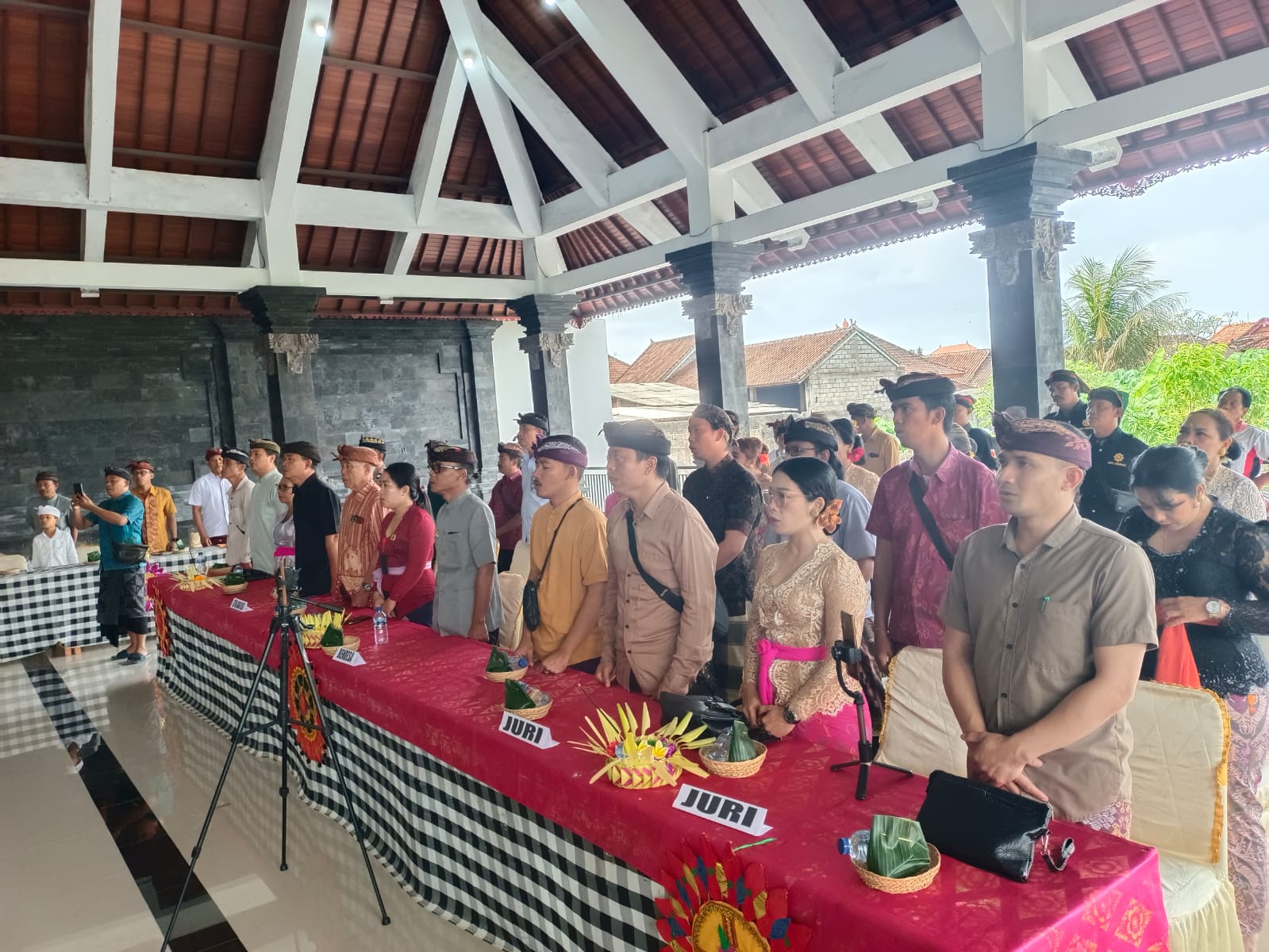
Business Considerations
Opening a business in Bali often requires approval from the Banjar, especially if the business could impact the local community. This is common for venues like restaurants, hotels, or event spaces. Fees may be required, and the Banjar ensures the business does not disrupt local customs or religious practices.
Event Planning
Planning large events such as weddings or parties also requires approval from the Banjar. They assist with coordinating logistics, such as traffic control and security, ensuring that events run smoothly and respect local traditions. Without Banjar approval, hosting large gatherings can be challenging.
Community Integration
Expats renting homes or villas in Bali may be asked to contribute to the Banjar through fees or donations. These contributions help maintain village infrastructure, support community events, and ensure local security. For expats, participating in Banjar activities can foster better relationships with the community and provide a deeper connection to Balinese life.
Role in Maintaining Cultural Integrity
The Banjar plays an irreplaceable role in preserving Balinese traditions and social values. It ensures that cultural practices, religious ceremonies, and community support systems remain intact. Banjar membership is seen as a lifelong responsibility, and exclusion from the Banjar is one of the most severe forms of punishment in Balinese society. Those excluded are often ostracized and lose the social and financial support provided by the Banjar, making it difficult for them to participate in village life.
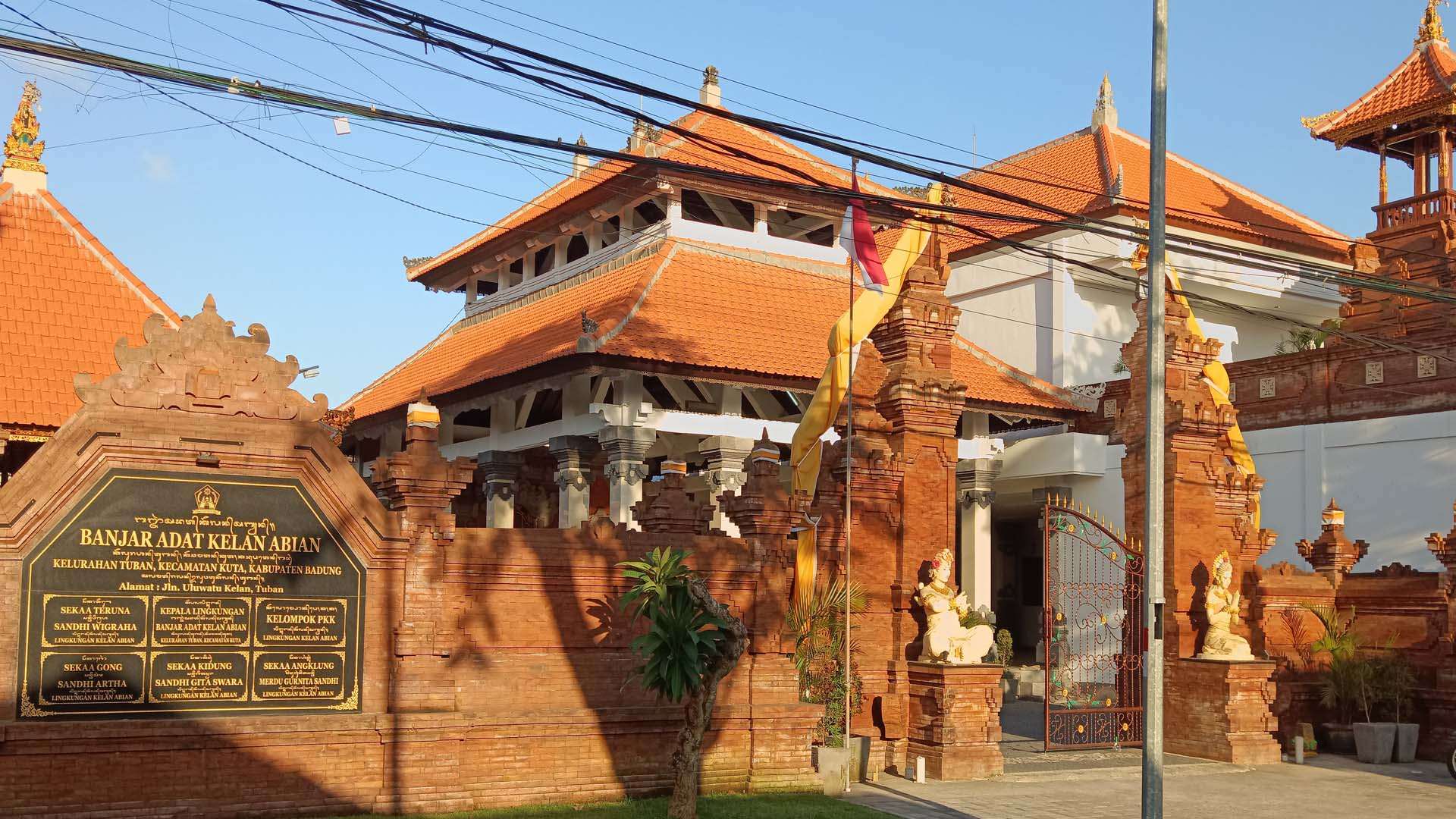
The Banjar is the foundation of Balinese society, holding together the social, cultural, and religious fabric of the island. It ensures that traditions are preserved, fosters a strong sense of community, and supports its members in times of need. Whether you are a local resident, an entrepreneur, or a visitor to Bali, understanding and respecting the Banjar system is crucial to appreciating the richness of Balinese culture. Through the Banjar, one can witness the deep connections that bind the people of Bali to their traditions and to each other.



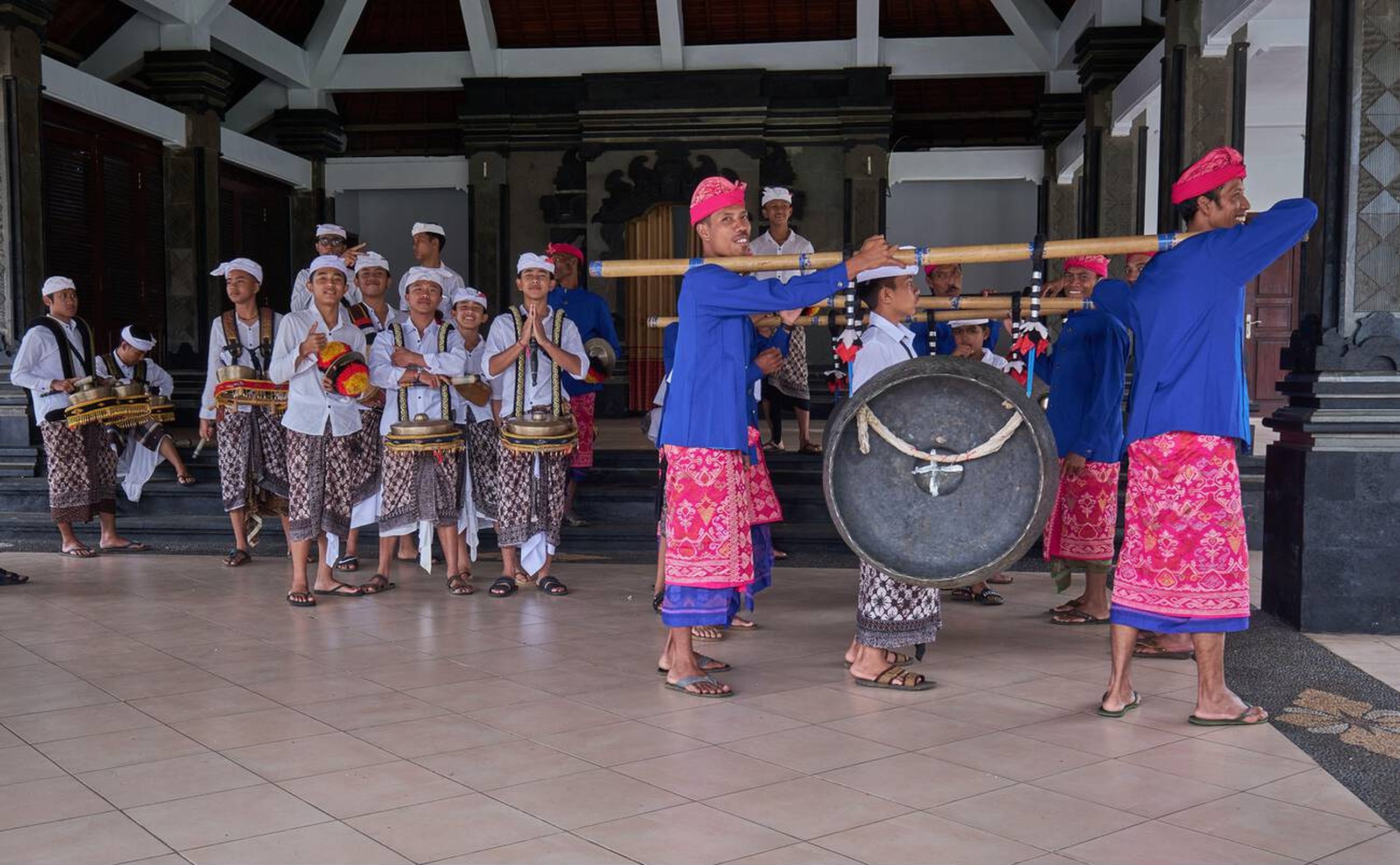
 Billy Bagus
Billy Bagus
 Oct 11, 2024
Oct 11, 2024


